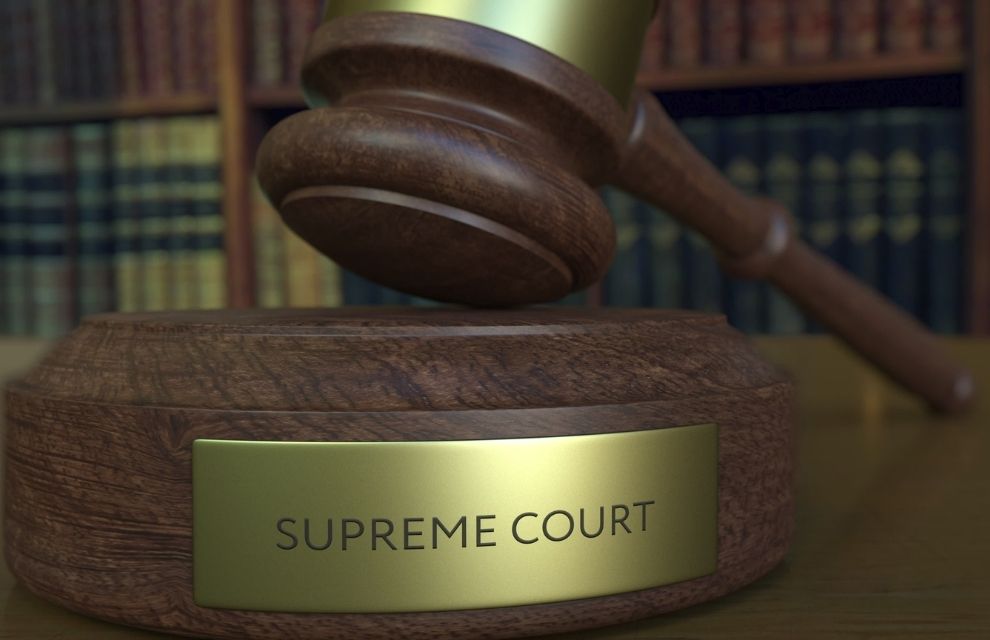The US Supreme Court has ruled in favour of the CIC Services in their case against the Internal Revenue Service (IRS) over Notice 2016-66, in a unanimous decision. CIC Services says the victory against the IRS is “precedent-setting”. On 17 May, the court ruled that the Anti-Injunction Act does not prevent Federal Courts from enjoining the IRS's enforcement of illegal regulations when the regulation imposes affirmative reporting obligations that inflict costs on taxpayers separate and apart from any tax or tax penalty. In addition, when any potential tax that may someday be assessed is many steps downstream from the present lawsuit, and when non-compliance with the illegal regulation is also backed by the threat of criminal penalties. However, the IRS stated that it would continue enforcing the ‘illegal’ notice, and it contended that courts are powerless to stop it from doing so as a consequence of the Anti-Injunction Act. Sean King, general counsel for CIC Services, states: “Almost unbelievably, the IRS's position was essentially that it alone among federal agencies may, by virtue of the Anti-Injunction Act, issue and enforce even facially illegal regulations without court interference, at least whenever doing so may at some unknown point in the future aid the Service in assessing or collecting some unknown amount of tax from some unidentified taxpayer.” "But neither the text nor the history of the Anti-Injunction Act supports such a contention, and the act would be tyrannically unconstitutional if it did,” he adds. The Supreme Court has now remanded the case back to the District Court for a determination on whether or not Notice 2016-66 should be formally enjoined. "When we go back to district court this time, the IRS will not be able to hide behind the Anti-Injunction Act," said King. He adds: "This time it will have to defend itself as any other administrative agency would. It will have to account to the court for its abuses, and the court will be empowered to end it." In May 2020, the Supreme Court agreed to hear the CIC Services case against the IRS. At the time, CIC Services explained that the issue at hand is whether or not the IRS can continue to systematically enforce obviously illegal regulations against taxpayers merely because those regulations are enforced by an illegal ‘penalty tax’. The case was heard on 1 December 2020, which concerned the Anti-Injunction Act, a federal law that bars lawsuits to stop the assessment or collection of taxes. The IRS counsel faced tough questions from the Supreme Court Justices throughout the hearing. In 2016, the Department of Treasury and IRS issued Notice 2016-66, which formally labelled micro captives as ‘transactions of interest’. The IRS advised that these transactions have the potential for tax avoidance or evasion. Under section 831(b) of the US tax code, captive insurers that qualify as small insurance companies can elect to exclude limited amounts of annual net premiums from income, so that the captive pays tax only on its investment income. Between 2016 and 2017, CIC Services filed two lawsuits against the IRS in the US District Court for the Eastern District of Tennessee. In 2017, CIC Services lost its case against the IRS. In addition, the US Sixth Circuit Court of Appeals denied their appeal in 2019. Commenting on the Supreme Court's ruling, King highlights: “This case is hugely significant given that the IRS has made issuing illegal regulations and enforcing them against taxpayers part of its standard operating procedure.” He continues: "An alarming percentage of substantive obligations that the IRS imposes upon taxpayers each year by fiat doesn’t comply with the procedural requirements of the Administrative Procedures Act, and are illegal, and yet are still shamelessly enforced by the service." "But today the Supreme Court made it clear that the Anti-Injunction Act doesn't always prevent courts from ending IRS abuse," King concludes. CIC Services says it would like to recognise and extend “its undying gratitude to all those who have supported its efforts to win this incredibly important victory for taxpayers”.


